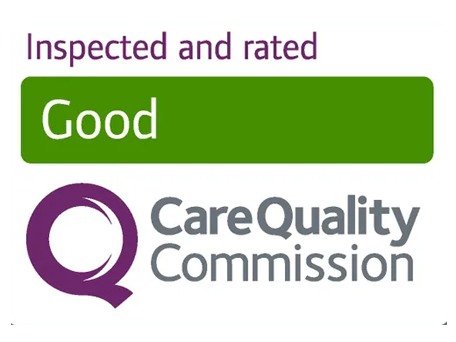Eating is crucial for your health and well-being. It brings joy and pleasure to your life and makes you feel good. Your body is nourished by the food you eat, which gives it energy and improves the performance of your critical organs. Because of this, it’s crucial to maintain a healthy digestive system by eating the proper things and developing sane eating routines. You may live life to the fullest if you are aware of how to take care of your stomach. Our diet is the only source of nutrients and energy our body receives; therefore, if we follow a healthy diet that is good for our stomachs, we’ve already accomplished half of the work. So, we will shed some light in this blog on how to take care of our digestive system and deal with common gut problems effortlessly. Let’s discuss some tips for a better digestive system one by one:
Eat A High-Fiber Diet.
Maintaining a diet high in fiber and full of fruits, vegetables, legumes, and whole grains is one of the greatest approaches to enhancing your digestive health. This helps to maintain a healthy weight and the regular flow of digestion, preventing constipation. A high-fiber diet also aids in the prevention or treatment of ailments, including diverticulosis, irritable bowel syndrome (IBS), and hemorrhoids.
Make Certain You Consume Both Soluble And Insoluble Fiber.
These support the digestive system in many ways. Although insoluble fiber, found in vegetables, cannot be digested by the body, it bulks up stools, allowing food and waste to pass through the stomach. On the other hand, soluble fiber absorbs water and helps avoid too watery stools. Wheat bran, vegetables, and whole grains are good sources of insoluble fiber, whereas oat bran, nuts, seeds, and legumes are good sources of soluble fiber.
Eat Fewer Foods That Are Heavy In Fat.
Constipation may result from eating fatty meals, slowing down digestion. To make these fatty meals simpler to digest, couple them with high-fiber foods since you do need some fat in your diet.
Choose Lean Meats.
A healthy diet must include protein, but it must also steer clear of fatty animal cuts that can be challenging to digest. Instead, pick lean meats like skinless chicken or a loin of pork. It’s more heart-healthy and better for your digestive system.
Increase Your Intake Of Probiotics.
The same kind of beneficial bacteria found in your digestive tract naturally are represented by these microbes. Probiotics mitigate the negative effects of stress, antibiotic use, and poor nutrition on your body as a whole. Daily use may also enhance your immune system, break down lactose, prevent IBS, and increase nutritional absorption. Regular use of kefir or low-fat yogurt is an excellent source of probiotics.
Maintain A Consistent Eating Routine.
Dieticians and other professionals concur that eating breakfast, lunch, dinner, and snacks at around the same time every day promotes healthy digestion. When you don’t eat at regular intervals, your stomach has to work too hard, which frequently leads to bloating and indigestion. Eat every three to four hours to give your stomach enough time to absorb nutrition completely.
Take In A Lot Of Water.
Your gut health depends on you being hydrated. This is because fiber causes your stools to become thicker yet softer as water is drawn into your colon, making them easier to pass through.
Avoid Bad Habits:
Drinking, smoking, and consuming too much caffeine is bad for your health. These food habits interfere with your gut functioning and weaken your digestive system. As a result, it leads to stomach ulcers, heartburn, and other complicated issues.
Exercise Regularly:
Do exercise on a regular basis. It will keep your food moving through your digestive system. It will help you stay healthy and fit. In addition, it will support us in maintaining a healthy weight and burning excessive calories in our food. Most importantly, it will detox your body regularly.
Don’t Take Stress:
When we take too much stress, it affects our health negatively. This is because stress makes our digestive system go into overdrive and blocks pores from taking the nutrition from the food. As a result, food rotes in our guts which causes peptic ulcers. So avoid stress and be positive.
Conclusion:
This blog has covered some essential tips to help maintain a healthy digestive system. Follow these simple tips and improve your daily lifestyle to see the magic happening quickly. You must be honest and follow the routine to enhance and maintain your gut health. You can deal with common illnesses like bloating, constipation, gas problems, diarrhea, and looseness in motion with a healthy gut and digestive system. Your second brain is hidden in your guts. You have to be careful in following its lead. Once your stomach is good, overall health will be in the best condition.









